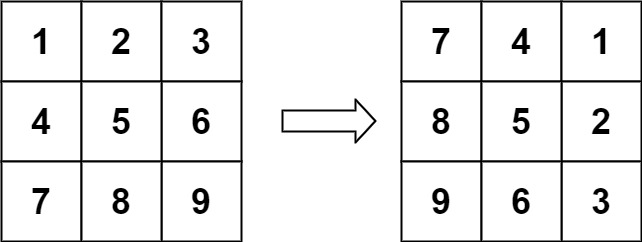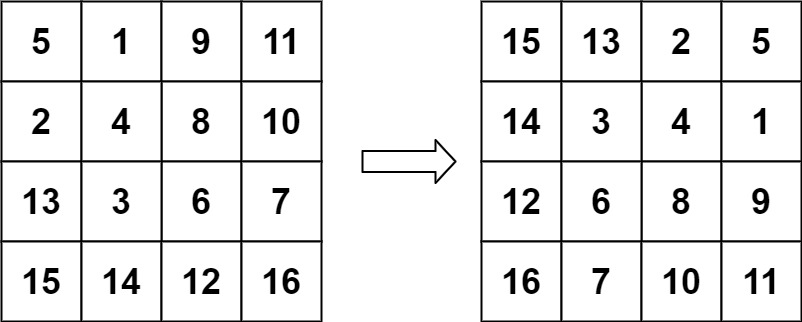Supercharge your Android apps—SMS, Weather, or News—by tightly coupling them with launcher experiences.
The Android launcher is the user's gateway to their device experience. As Android engineers, we often focus on building standalone apps, but deeper integration with the launcher opens up new levels of usability, context-awareness, and engagement.
In this article, we’ll explore real-world use cases like building SMS, News, and Weather apps with launcher-based integration, architecture best practices, and sample implementations that enhance the home screen experience.
Why Integrate with the Android Launcher?
Launcher integrations provide:
-
At-a-glance content via widgets or glanceable views
-
Seamless background sync (e.g., weather updates, unread messages)
-
Custom actions or deep links directly from the launcher
-
Push notifications + dynamic badges
This leads to increased user engagement, faster access, and smarter contextual updates.
Use Case 1: Weather App Integration
Features
-
Dynamic widget showing weather conditions
-
Auto-updated forecast every few hours
-
Tap widget to open detailed weather view
Implementation Steps
1. Add App Widget to Launcher
class WeatherWidgetProvider : AppWidgetProvider() {
override fun onUpdate(
context: Context, appWidgetManager: AppWidgetManager, appWidgetIds: IntArray
) {
for (appWidgetId in appWidgetIds) {
val views = RemoteViews(context.packageName, R.layout.widget_weather)
views.setTextViewText(R.id.tvTemperature, "74°F | Sunny")
appWidgetManager.updateAppWidget(appWidgetId, views)
}
}
}
2. Enable Periodic Updates
Use WorkManager or AlarmManager to fetch weather periodically using APIs like OpenWeatherMap.
val workRequest = PeriodicWorkRequestBuilder<WeatherSyncWorker>(6, TimeUnit.HOURS).build()
WorkManager.getInstance(context).enqueueUniquePeriodicWork(
"WeatherSync", ExistingPeriodicWorkPolicy.KEEP, workRequest
)
3. Tap to Launch App
val pendingIntent = PendingIntent.getActivity(
context, 0, Intent(context, WeatherActivity::class.java), PendingIntent.FLAG_UPDATE_CURRENT
)
views.setOnClickPendingIntent(R.id.weatherWidgetContainer, pendingIntent)
Use Case 2: SMS App with Notification Badge & Shortcut
Features
-
Launcher icon shows unread count (notification dot)
-
Supports deep link to specific conversations
-
Home screen shortcut to start a new SMS
Implementation Highlights
1. Notification Badge with ShortcutManagerCompat
val shortcut = ShortcutInfoCompat.Builder(context, "new_sms")
.setShortLabel("New Message")
.setIcon(IconCompat.createWithResource(context, R.drawable.ic_message))
.setIntent(Intent(context, ComposeSMSActivity::class.java).apply {
action = Intent.ACTION_VIEW
})
.build()
ShortcutManagerCompat.pushDynamicShortcut(context, shortcut)
2. Unread Count via Notification Dots
Use NotificationManagerCompat to trigger notification-based badge:
val notification = NotificationCompat.Builder(context, "sms_channel")
.setContentTitle("1 new message")
.setSmallIcon(R.drawable.ic_sms)
.setNumber(1) // Badge count
.build()
NotificationManagerCompat.from(context).notify(101, notification)
Use Case 3: News Feed Panel or Widget on Launcher
Some launchers (e.g., Xiaomi, custom OEMs) allow a left swipe panel with live content like news.
Features
-
Horizontally scrollable news headlines
-
Tap to open article in the app
-
Configurable categories
Tips for Implementation
-
Use RecyclerView in AppWidget or RemoteViewsFactory for headlines.
-
Fetch data using a headless ViewModel + Retrofit + Coroutines.
-
Enable user to configure news preferences via an app setting screen and persist in
SharedPreferences.
Architecture Tips
| Layer | Recommendation |
|---|---|
| UI | Jetpack Compose or XML (for widget layouts) |
| ViewModel | StateFlow for reactive UI state |
| Data Layer | Retrofit + Room (cached content) |
| Background | WorkManager for API sync |
| DI | Hilt or Koin |
| Permissions | Runtime + fallback for denied permissions |
Best Practices
-
Use minimal updates in widgets to conserve battery
-
Cache data to reduce network calls
-
Modularize SMS, Weather, News as separate features
-
Be mindful of launcher security restrictions for shortcuts and intents
-
Test on stock launchers and OEM launchers (Samsung, MIUI, etc.)
📱 Launcher-Ready App: Sample Folder Structure
com.example.launcherintegration/
├── ui/
│ ├── widget/
│ └── compose/
├── data/
│ ├── model/
│ ├── network/
│ └── repository/
├── features/
│ ├── sms/
│ ├── weather/
│ └── news/
├── background/
│ └── workers/
└── di/
Testing Launcher Integration
-
Use Espresso-Intents to validate deep links from shortcuts
-
Use Robolectric for widget rendering in unit tests
-
Manually test on various OEM launchers (e.g., Pixel, Samsung, OnePlus)
Integrating Android apps with launcher functionality—whether through widgets, shortcuts, or notification badges—creates a richer, more contextual experience for users. As Android engineers, embracing these integrations allows us to deliver proactive, interactive, and intuitive user journeys right from the home screen.
TL;DR
-
Use
AppWidgetProviderfor glanceable views -
Leverage
ShortcutManagerCompatfor dynamic actions -
Employ
WorkManagerfor reliable background sync -
Optimize launcher-aware UI for engagement and battery efficiency
📢 Feedback: Did you find this article helpful? Let me know your thoughts or suggestions for improvements! Please leave a comment below. I’d love to hear from you! 👇
Happy coding! 💻




















